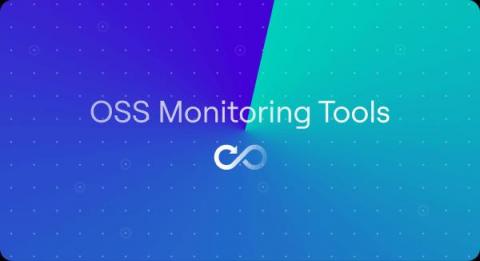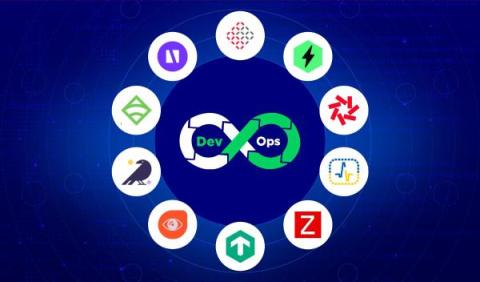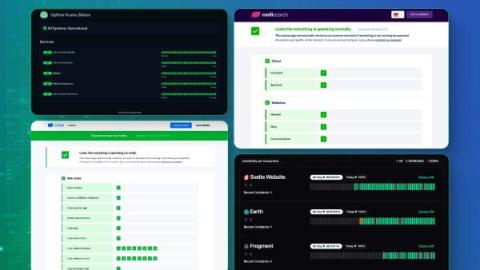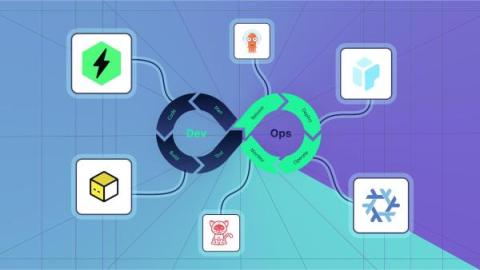Operations | Monitoring | ITSM | DevOps | Cloud
Statuspal
5 Best Atlassian Statuspage Alternatives in 2024
10 Best Open-Source Monitoring Tools for DevOps in 2024
6 Best Open Source Status Page Alternatives for 2024
Best Programming Languages for DevOps in 2024
Understanding the Role of a DevOps Engineer
What Is an Incident Response Team?
The vast number of threats lately lurking in cyberspace means that for cybersecurity teams, it's not a question of if an incident will occur but when. Whether it's a service outage, a data breach, a ransomware attack, or some other disturbance, organizations are bound to face security incidents eventually — the only question is if they're prepared.
14 DevOps and SRE Tools for 2024: Your Ultimate Guide to Stay Ahead
As we approach 2024, the DevOps and SRE landscapes continue to evolve, bringing forth a new generation of tools designed to enhance efficiency, scalability, and reliability in software development and operations. In this post, we'll dive into some of the most promising tools that are shaping the future of Continuous integration and deployment, monitoring and observability, infrastructure/application platforms, incident management & alerting, security, and diagramming.
How To Create a DevOps Implementation Roadmap
You’ve done your research and decided to use the DevOps approach for your software development process and IT operations. However, before you start tossing around terms like “continuous integration” and “containerization,” there’s an important starting point on your DevOps journey — creating a DevOps implementation roadmap.
6 Types of Security Incidents and How To Handle Them
Bad news: Cybercrime is surging, emerging AI tools offer hackers new paths of attack, and the ever-present reality of human error frequently exposes private information. The effects of security incidents can wipe out entire businesses. Estimates predict the annual toll of cybercrime and security breaches to reach $10.5 trillion by 2025. But you can still protect your business if you know how to handle and respond to these security incidents.








